Cleanroom Suppliers‘ role in Industries
In industries like pharmaceuticals, biotechnology, semiconductors, and medical device manufacturing, regulatory compliance is non-negotiable. Strict standards, such as ISO 14644, GMP (Good Manufacturing Practice), and FDA regulations, require cleanrooms to maintain controlled environments with minimal contamination risks.
One of the most critical aspects of compliance is using high-quality cleanroom supplies—from polyester wipers to gloves, garments, and cleaning solutions. Choosing the right materials ensures that businesses stay within regulatory requirements, avoid costly penalties, and maintain product integrity.
In this post, we’ll explore how cleanroom suppliers play a vital role in regulatory compliance and how businesses can optimize their cleaning protocols to meet industry standards.
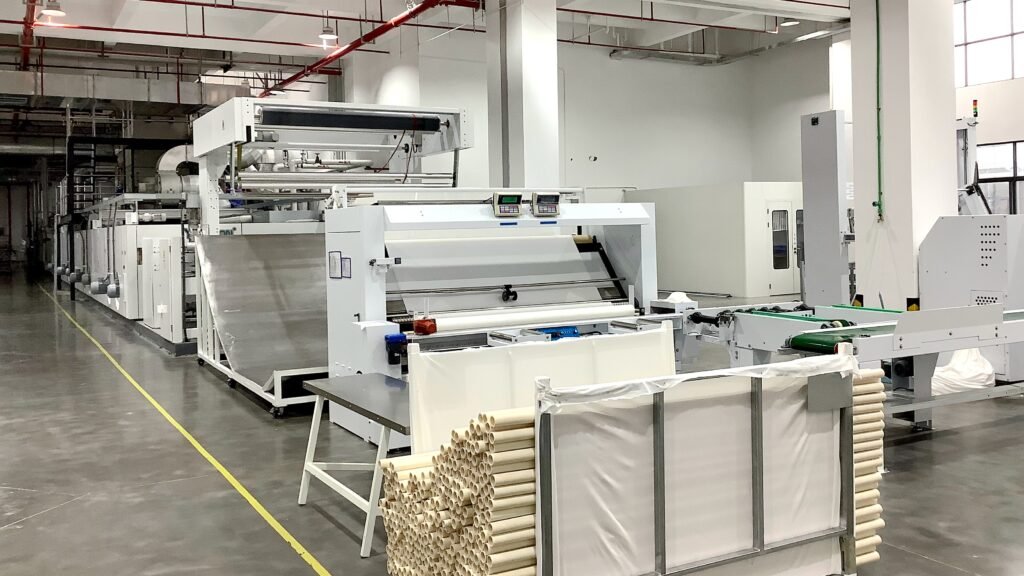
1. Understanding Cleanroom Regulations: Why Compliance Matters
Strict Standards for Contamination Control
Cleanrooms must meet stringent standards to prevent particle contamination, which can compromise product safety and performance. Some of the most widely recognized regulations include:
-
ISO 14644 – Defines cleanroom classifications based on airborne particle concentration.
-
GMP (Good Manufacturing Practice) – Mandates contamination control in pharmaceutical and biotech manufacturing.
-
FDA Guidelines – Requires strict environmental controls for medical devices and drug production.
Failing to comply with these regulations can lead to product recalls, legal penalties, and reputational damage. That’s why businesses must invest in proper cleanroom supplies to meet these standards.
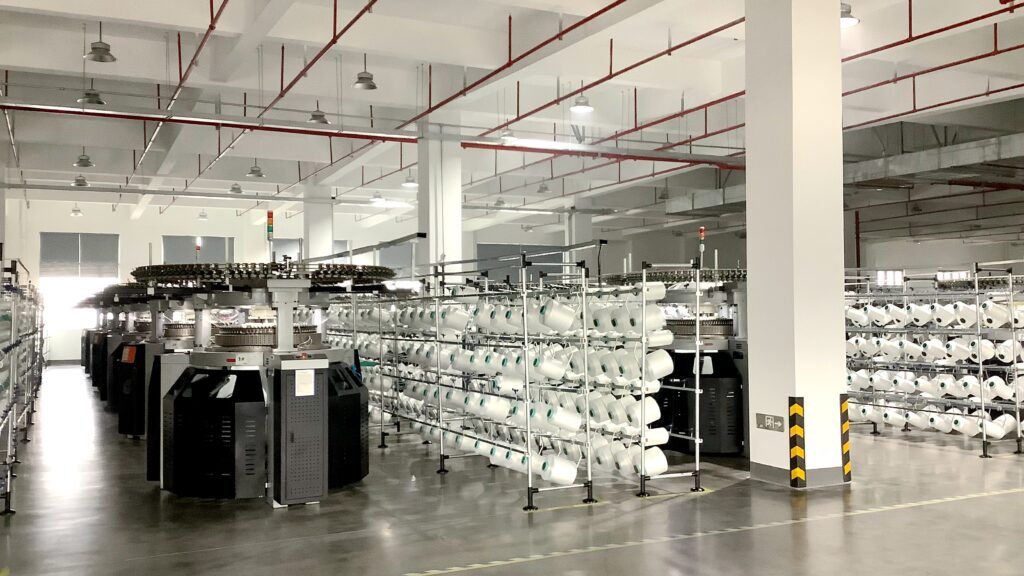
2. The Role of Cleanroom Wipers in Compliance
Why Polyester Cleanroom Wipers Are Essential
Among the many cleanroom supplies, polyester cleanroom wipers play a crucial role in controlling contamination and ensuring regulatory compliance.
-
Low-Linting & Non-Shedding: Unlike regular wipes, polyester cleanroom wipers do not shed fibers or leave residues, making them ideal for ISO Class 3-7 cleanrooms.
-
High Absorbency & Durability: Designed to absorb contaminants, chemicals, and solvents without breaking down.
-
Pre-Sterilized & Non-Contaminating: Many ISO 14644-compliant wipers come pre-sterilized, reducing the risk of microbial contamination.
How to Use Cleanroom Wipers for Compliance
To stay compliant, businesses must:
- Use ISO-rated wipers that match their cleanroom classification.
- Follow proper wiping techniques, such as the folding and overlapping method, to prevent cross-contamination.
- Dispose of used wipers properly to avoid reintroducing contaminants into the environment.
By incorporating polyester cleanroom wipers into their cleaning protocols, businesses can ensure their facilities remain ISO and GMP-compliant.
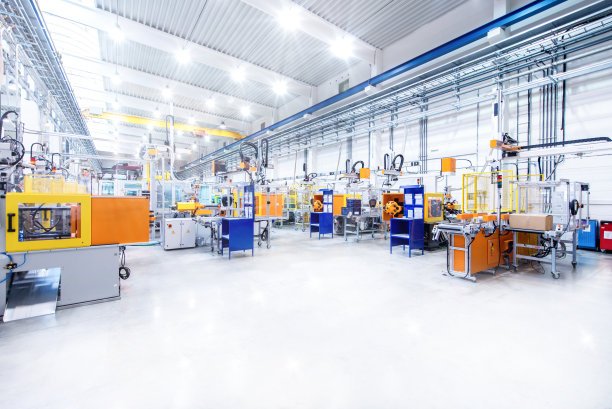
3. Essential Cleanroom Supplies for Regulatory Compliance
While wipers are a major part of contamination control, other cleanroom supplies also contribute to compliance. These include:
– Cleanroom Gloves
-
Prevent particles and oils from transferring to surfaces.
-
Must be low-particulate, powder-free, and ESD-safe for electronics and pharmaceutical environments.
– Cleanroom Garments (Gowns, Masks, and Shoe Covers)
-
Essential for preventing human contamination.
-
Must be ISO-rated and properly laundered or single-use.
– Cleanroom Disinfectants & Solutions
-
Must be non-residue-forming and approved for GMP environments.
-
Common choices include isopropyl alcohol (IPA), hydrogen peroxide, and sterile water.
– HEPA & ULPA Filtration Systems
-
Ensure airborne particle control, critical for ISO 5 and lower cleanrooms.
Investing in these high-quality cleanroom supplies is essential for meeting ISO, GMP, and FDA compliance requirements.
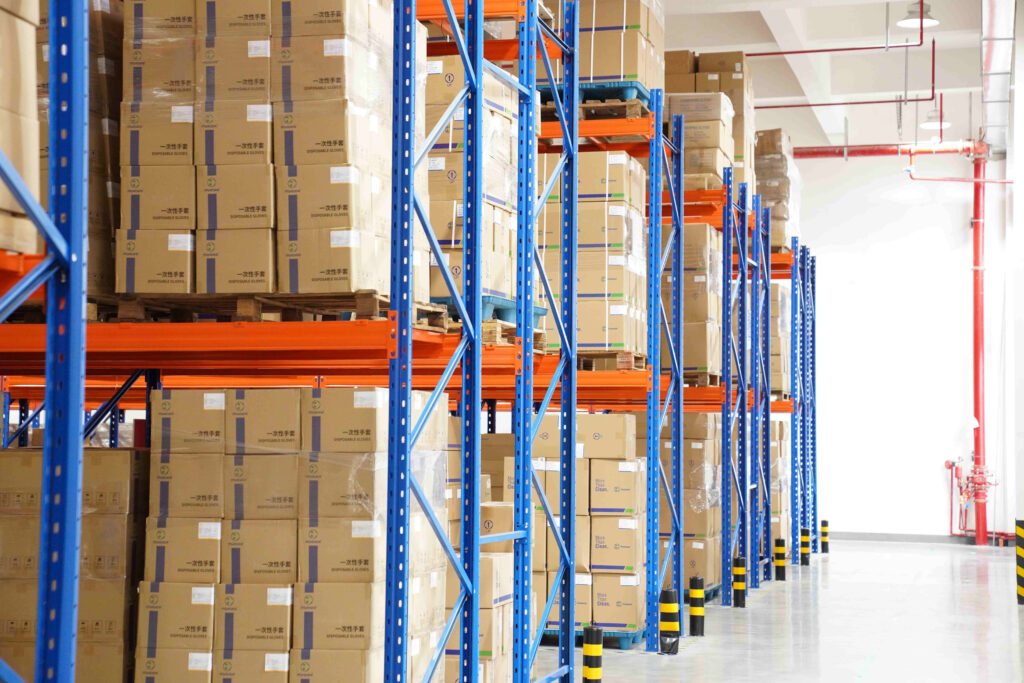
4. How to Ensure Your Cleanroom Suppliers Meet Compliance Standards
To maintain compliance, businesses should:
- Source from reputable suppliers: Ensure all cleanroom suppliers meet ISO 14644, FDA, and GMP requirements.
- Conduct regular audits: Routine inspections ensure proper cleanroom protocols are followed.
- Train employees: Proper handling of cleanroom supplies is critical for contamination control.
- Monitor and update protocols: Compliance requirements evolve, so businesses should regularly update their SOPs (Standard Operating Procedures).
By following these best practices, businesses can ensure their cleanroom environment stays within regulatory requirements, avoiding compliance risks and ensuring product integrity.
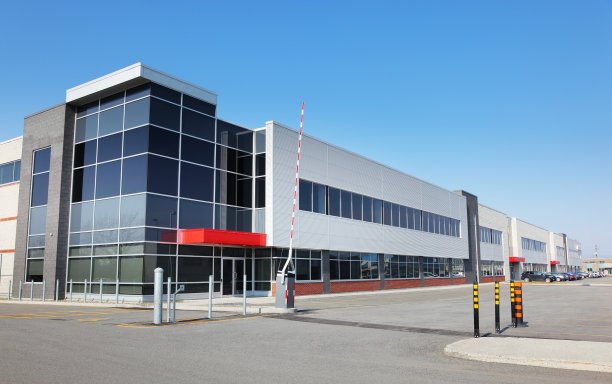
Conclusion: Invest in the Right Cleanroom Suppliers for Compliance
Regulatory compliance in cleanrooms requires more than just protocols—it demands the right supplies. From ISO-rated polyester wipers to ESD-safe gloves and sterile cleaning solutions, every cleanroom product plays a role in contamination control.
By using high-quality, compliant cleanroom supplies, businesses can:
- Meet ISO 14644 and GMP standards
- Ensure product safety and quality
- Avoid costly non-compliance penalties
Looking for certified cleanroom supplies to keep your facility compliant? Contact us today for expert recommendations and high-quality solutions tailored to your industry needs!


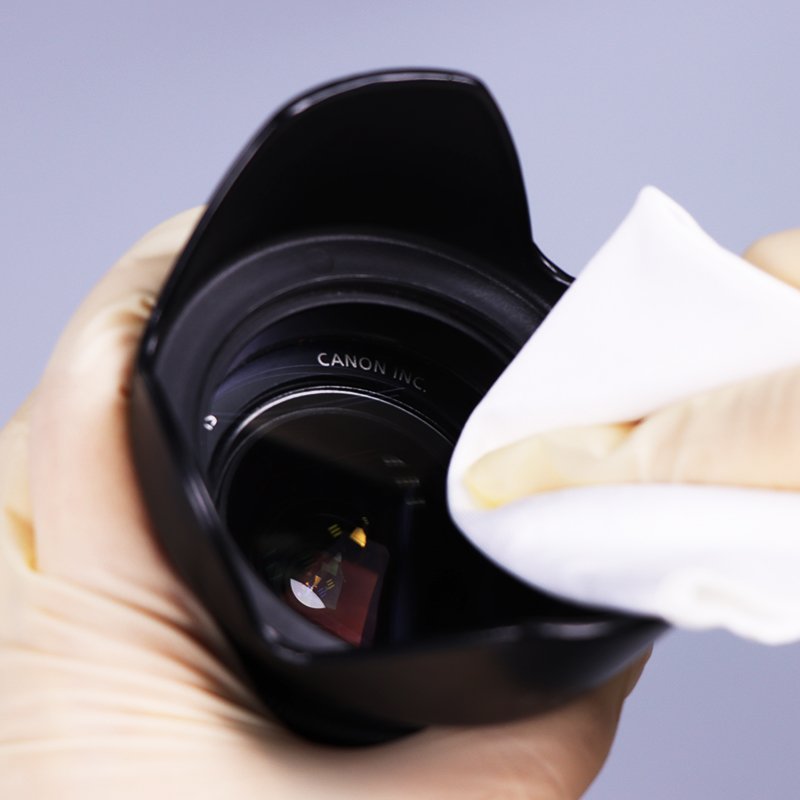
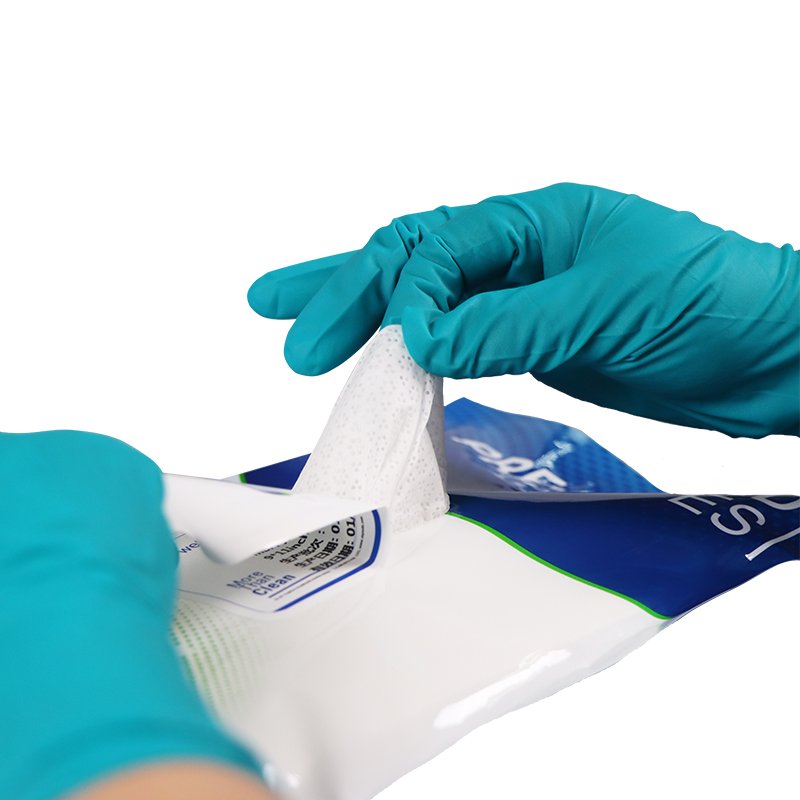
-6.jpg)
